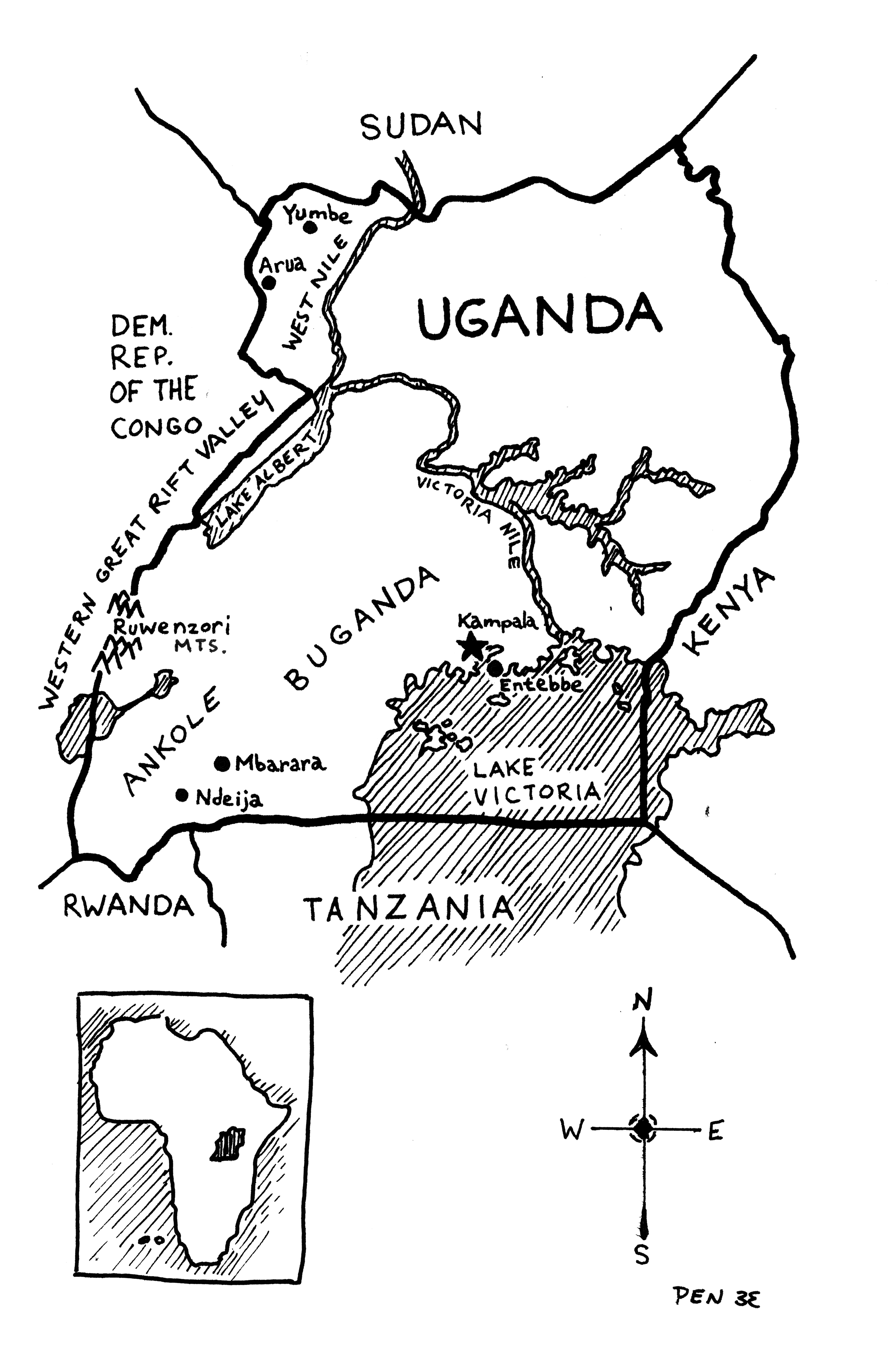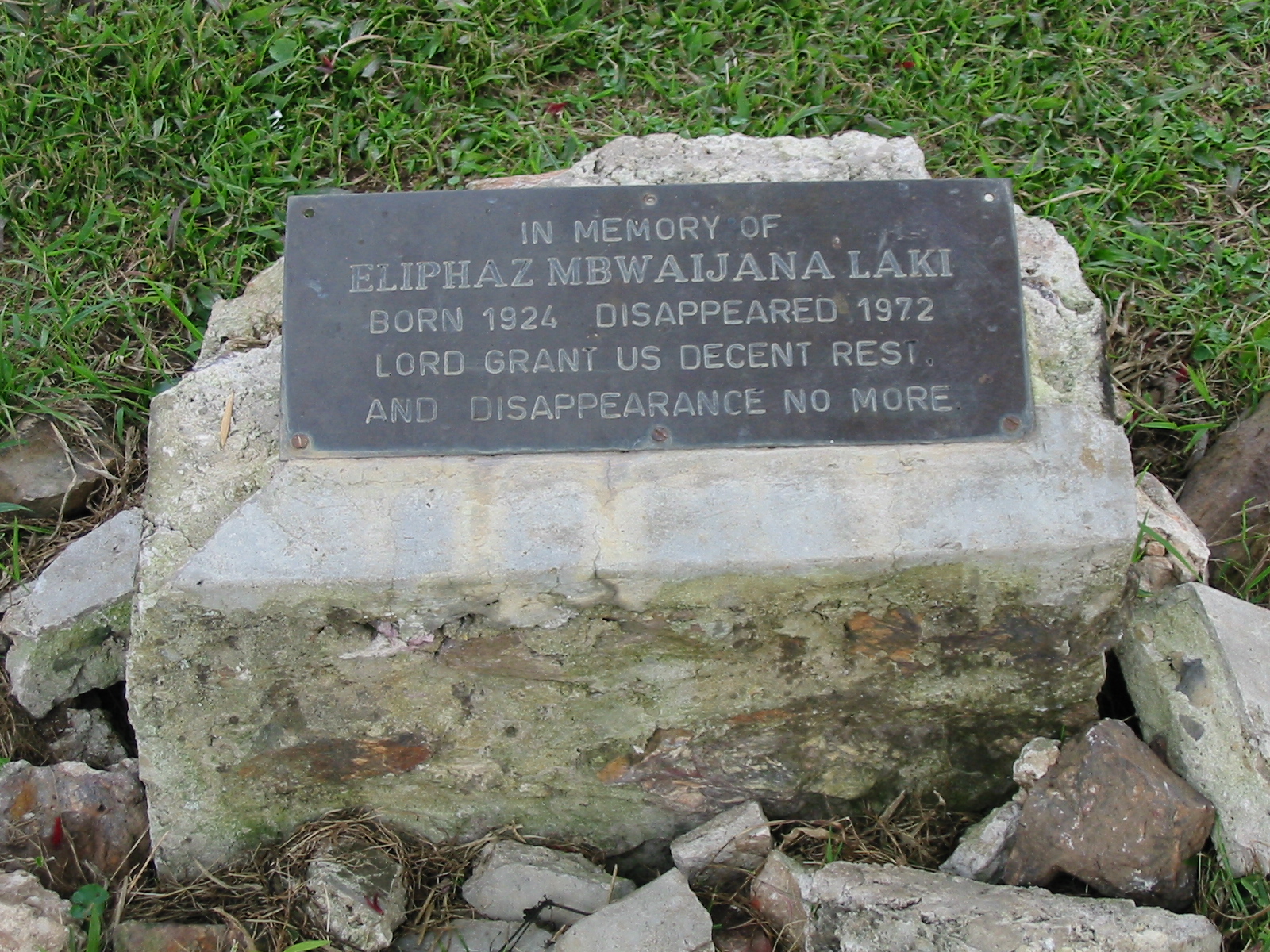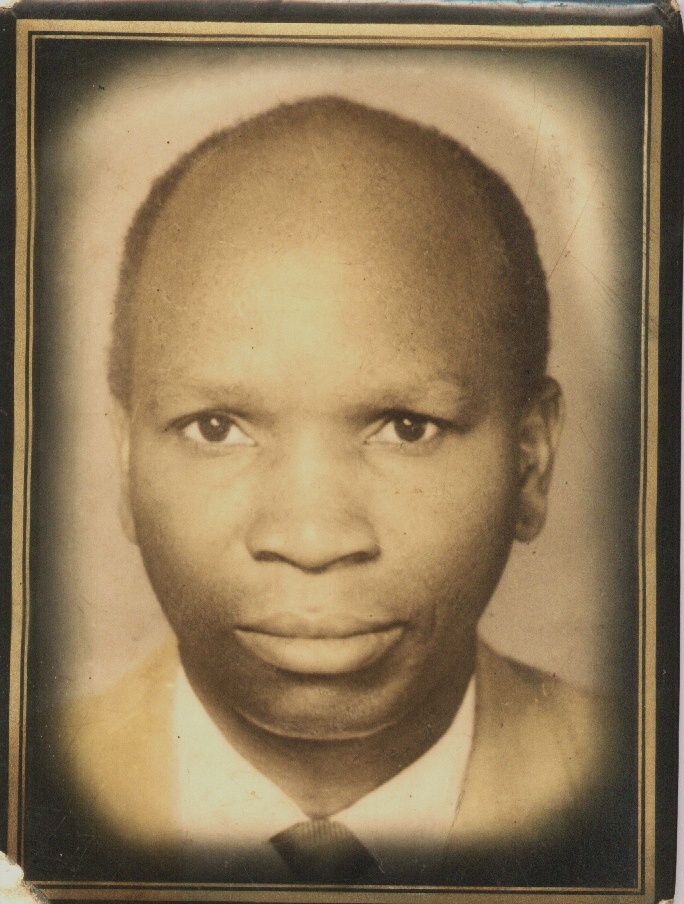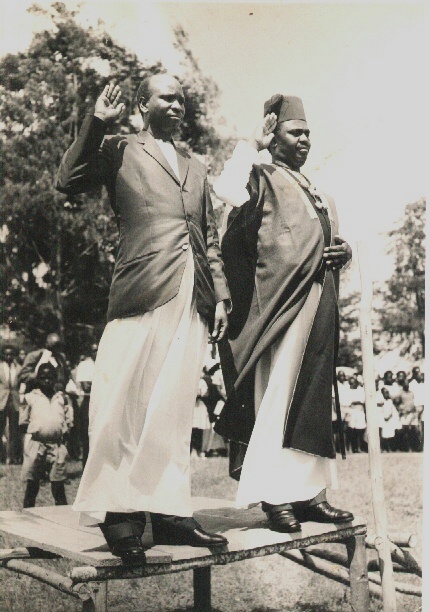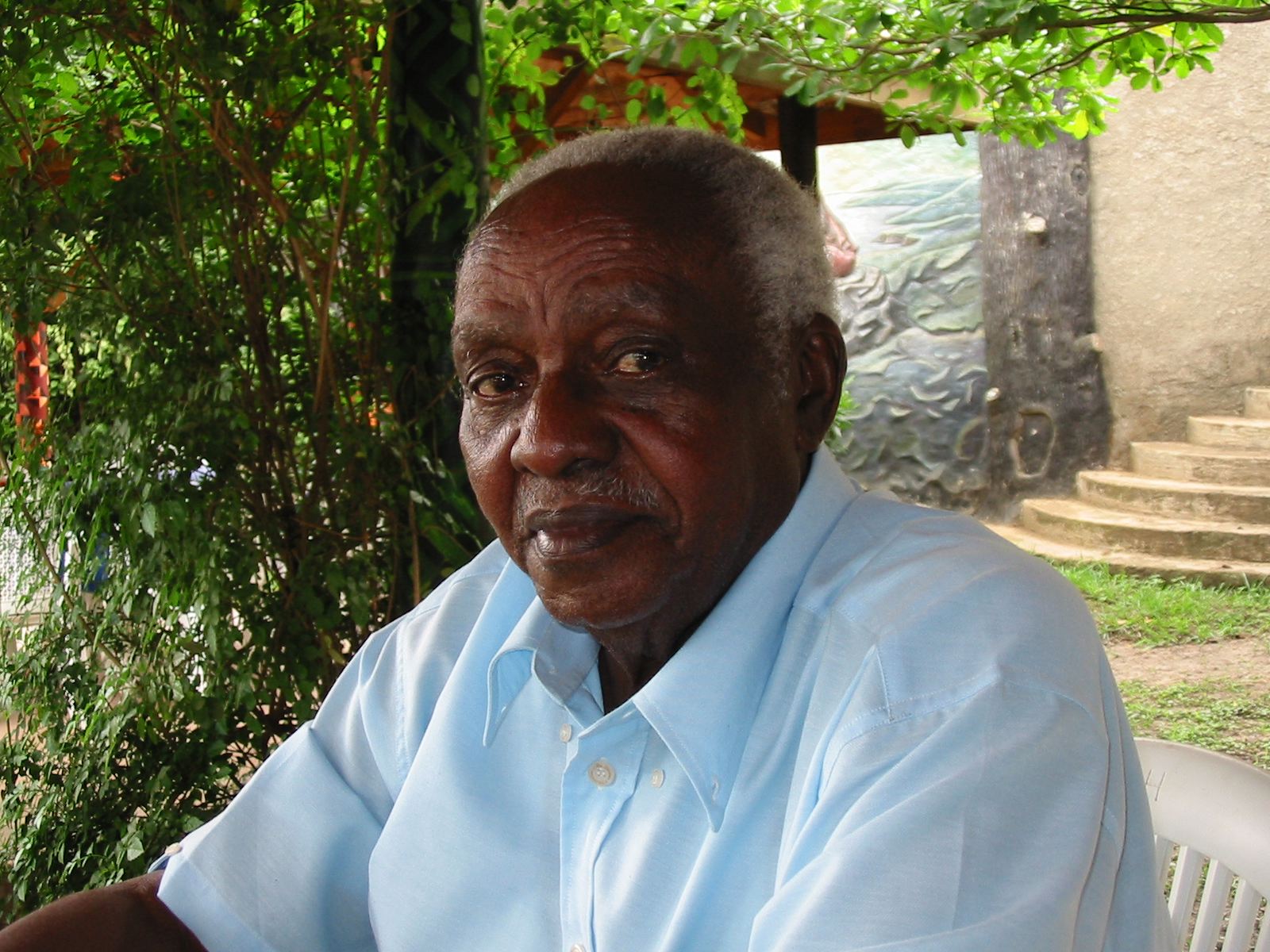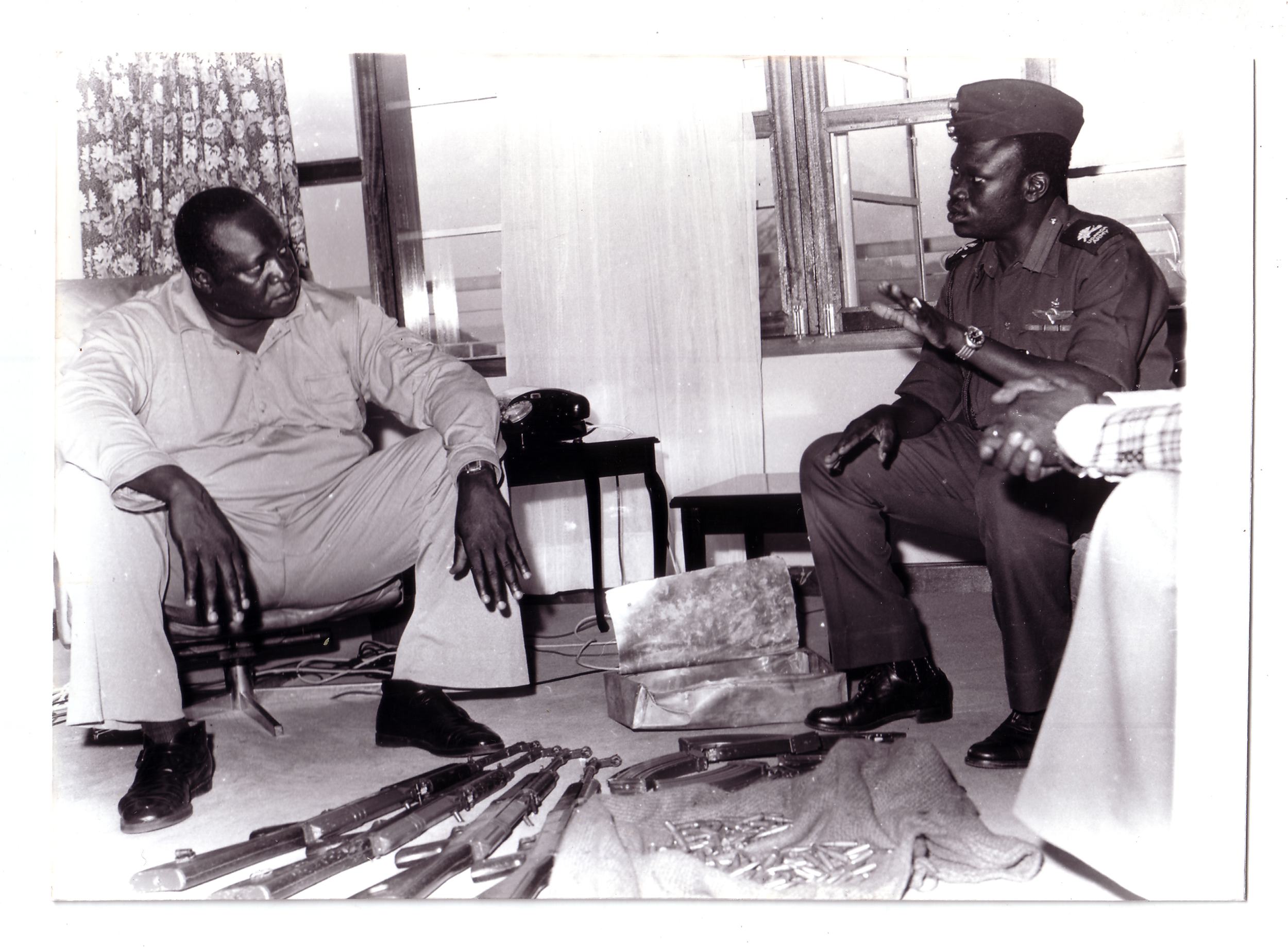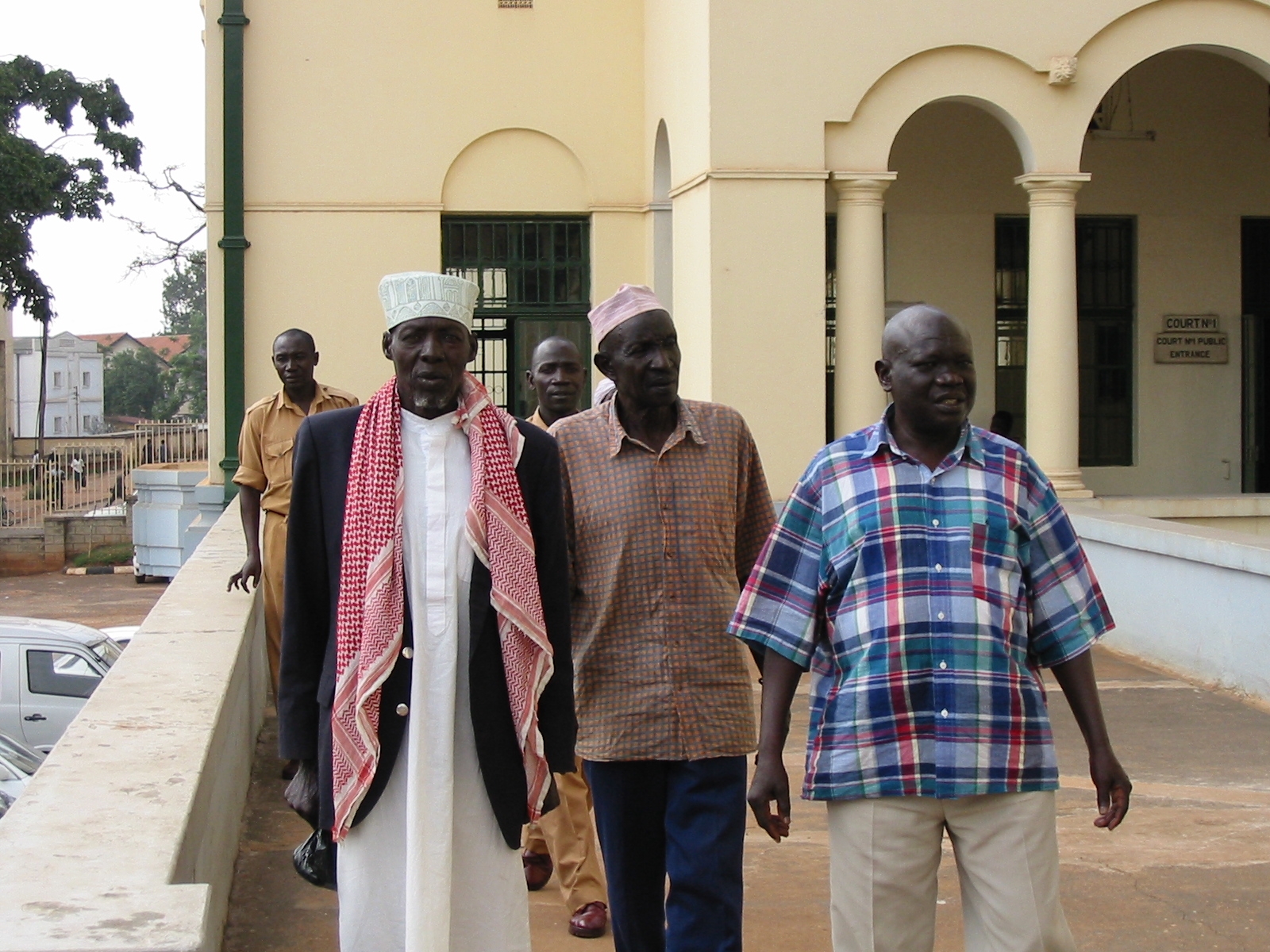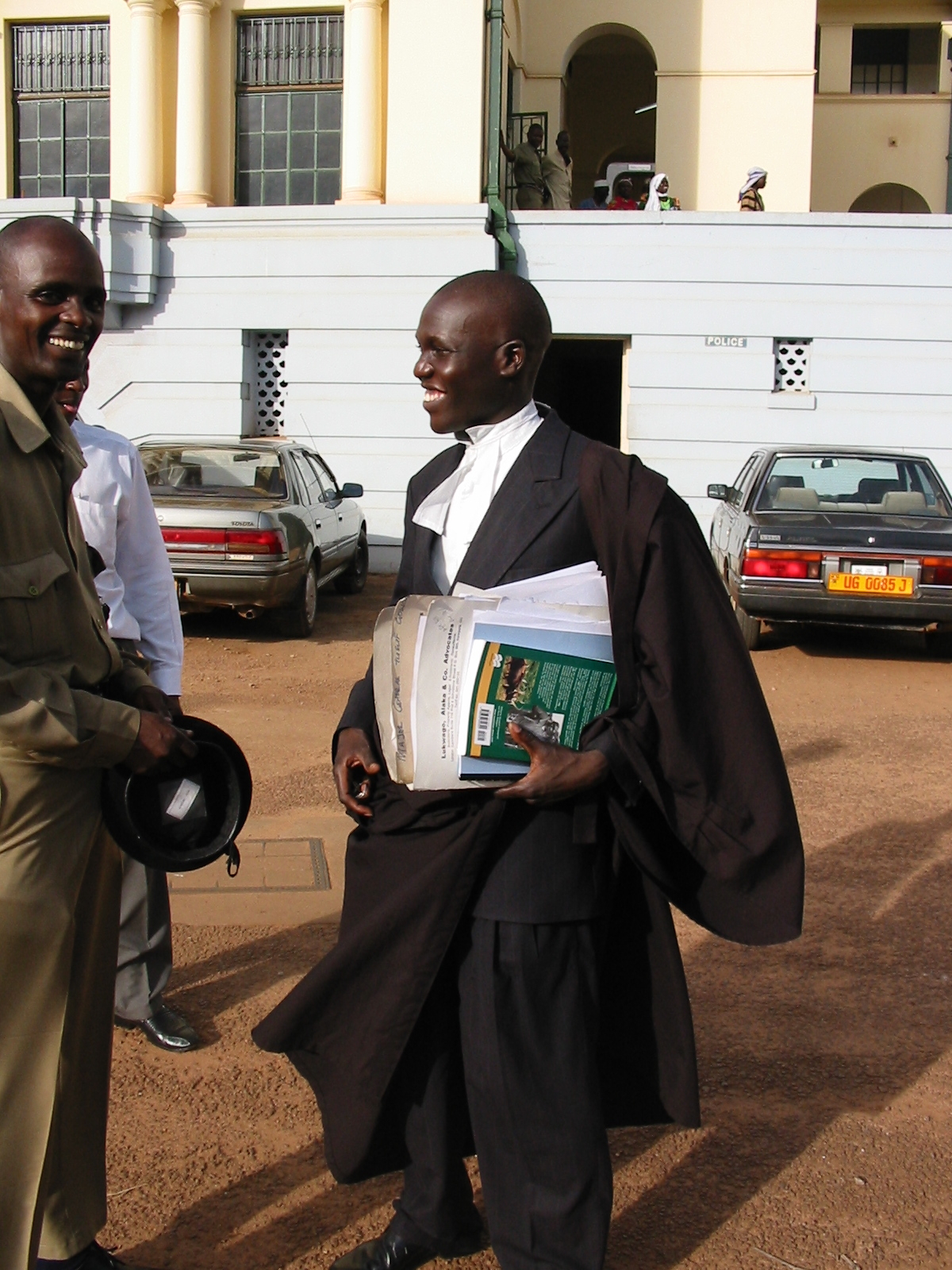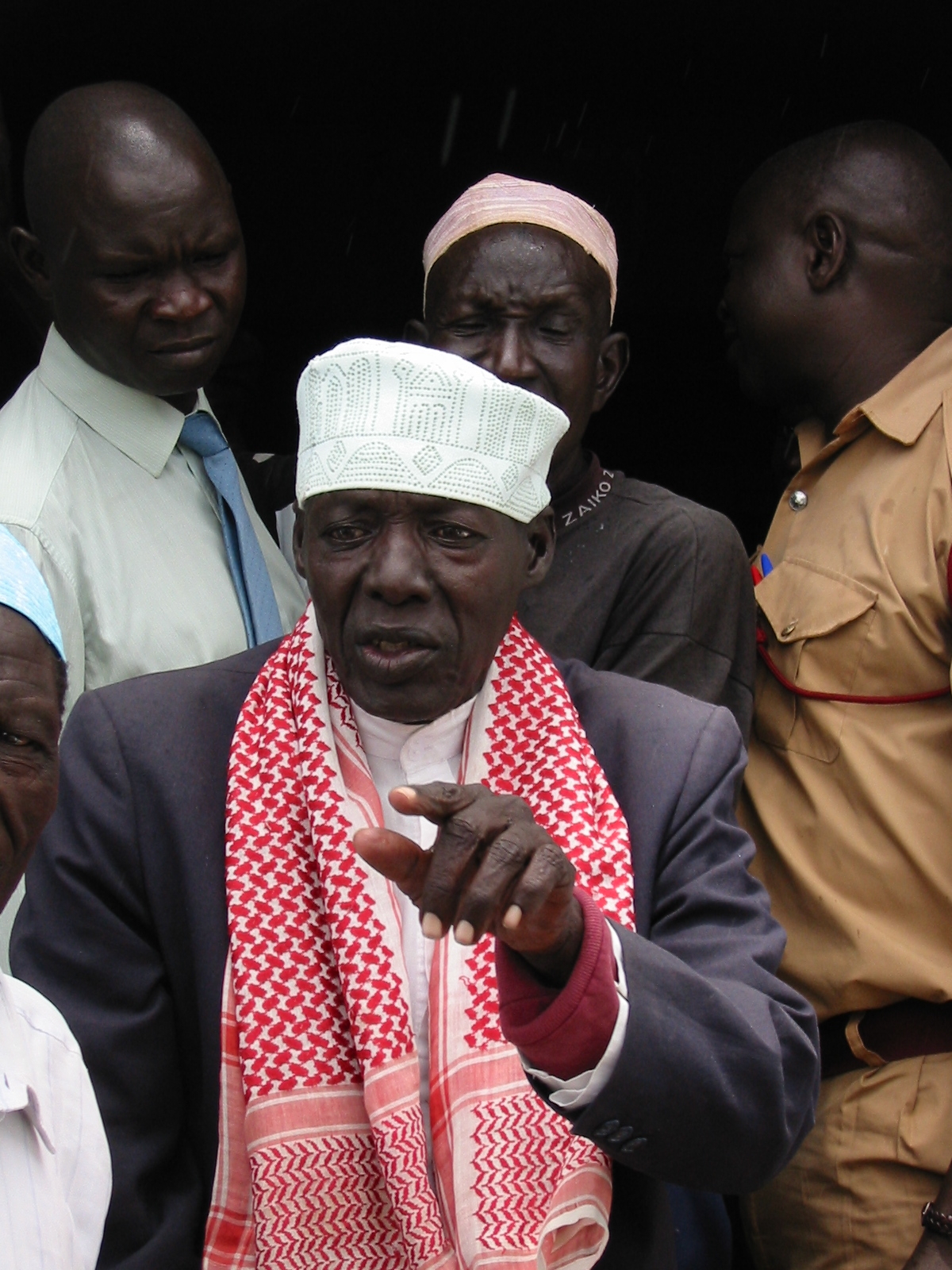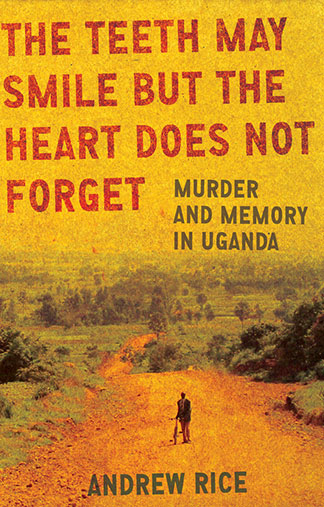The Teeth May Smile But the Heart Does Not Forget
Murder and Memory in Uganda
From Rwanda to Sierra Leone, African countries recovering from tyranny and war are facing an impossible dilemma: should they overlook past atrocities for the sake of peace, or seek catharsis through tribunals and truth commissions? Uganda chose the path of forgetting: after Idi Amin’s reign was overthrown, the new government opted for amnesty for his henchmen rather than prolonged conflict.
Ugandans tried to bury their history, but reminders of the truth were never far from view. In 1972, a local chief named Eliphaz Laki disappeared, becoming one of the hundreds of thousands of victims of Amin’s terror. For nearly three decades, no one dared to investigate the chief’s fate. But then his son, Duncan Laki, discovered a stray clue that led him to a shallow grave—and to three alleged executioners, among them Amin’s former chief of staff. Duncan Laki’s discovery resulted in a trial that gave voice to a nation’s past: as lawyers argued, tribes clashed, and Laki pressed for justice, the confrontation offered Ugandans a promise of the reckoning they had been so long denied.
For four years, Andrew Rice followed the Laki murder case, crossing Uganda to investigate Amin’s legacy and the limits of reconciliation. At once a mystery, a historical accounting, and a portrait of modern Africa, Teeth May Smile But the Heart Does Not Forget is above all an exploration of how—and whether—the past can be laid to rest.
Named one of Kirkus Reviews' Best Books of 2009, and a finalist for the Lionel Gelber Prize.
Praise
"The Teeth May Smile is a keenly reported private
detective story and police procedural about a son’s search for justice
many years after his father’s betrayal and disappearance at the hands of
Amin’s military henchmen. ... And on the broadest level, it is a vivid prism for examining some of the largest themes in Africa’s history.”
— Howard French, The New York Times Book Review
“In the idiosyncrasies of Ugandan history and in the material he gathers
from his sources, Rice finds – without forcing it – a universally
appealing story about living through, and after, violence. The Teeth
May Smile but the Heart Does Not Forget is a stunning book.”
— Jina Moore, The Christian Science Monitor
“From its intimate portrait of Eliphaz's grieving family to the wide-angle perspectives of the tumultuous postindependence years as Ugandans struggled to knit together a nation from the ethnically, linguistically and religiously diverse peoples within their colonial borders, the book recasts a familiar history in an entirely new light.”
— Publishers Weekly
“Reconciliation is an increasingly important process in nations once torn by fratricide. Rice’s important book serves as an urgent case study, complete with a surprising outcome.”
— Kirkus (starred review)
“A deeply moving book, telling a whole nation’s story through one man’s struggle for justice.”
— Giles Foden, author of The Last King of Scotland
“Andrew Rice has done something remarkable: he has written a passionate, sophisticated, elegant book about modern African history. Even more extraordinary, he has used Uganda to explore fundamental truths about memory and justice, and thus turned an African story into a universal one.”
— Peter Beinart, author of The Good Fight
“Few journalists succeed in peering as deeply into a nation’s soul as Andrew Rice has done with this remarkable exploration of memory, war and love in Uganda. This is more than a book about Africa, it is a book that holds up a mirror to the human soul.”
— Matthew Green, author of The Wizard of the Nile
“Tyrant, killer, buffoon: Idi Amin was unforgettable. But his victims have largely been forgotten. Andrew Rice rescues one man’s memory, gives him a face and a voice and lets him speak for a multitude of the dead. This is reporting at its best—as gripping as any murder mystery, but far more important, because every painful word is true.”
— Robert Guest, former Africa editor of The Economist and author of The Shackled Continent

